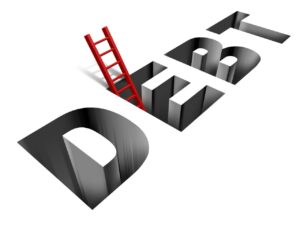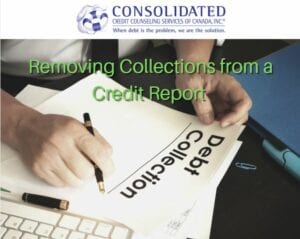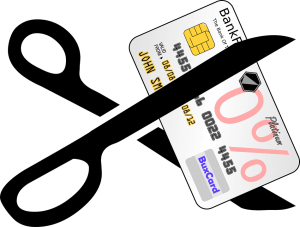Debt affects Canadians of all age groups and incomes. This is especially true during the COVID-19 pandemic, as Canadians owe a total of $2.3 trillion in debt. Moreover, the average Canadian household debt ratio rose to 176.9% – that means for every dollar a Canadian makes, they owe $1.76 in debt. Some examples of debt include mortgages, credit card debt, and personal loans.
While some debt is normal, excessive debt can hurt your credit score and cause financial stress and insecurity. Luckily, there are many options to settle your debt. One of those options is debt settlement.
Do you need help initiating a debt settlement plan?
Debt settlement is the negotiation process that a borrower or debt settlement company undertakes on behalf of a borrower, to settle debt with creditors. Borrowers that consider debt settlement are usually unable to pay the entirety of their debt themselves. The borrower, or a debt settlement company on behalf of a borrower, proposes an amount to be paid to the creditors as a lump sum payment. The creditors either accept the proposal, negotiate a higher amount, or reject the debt settlement offer completely.
Through this negotiation, the debt settlement company and lenders agree on a lump sum amount to be paid in order to eliminate your debt. The agreed-upon lump sum is usually lower than the total amount of debt owed by a borrower.
Writing the Debt Settlement Proposal Letter
Also known as a debt settlement letter, a debt settlement proposal letter is a document that explains your financial situation to your creditor. It also outlines the amount of money you propose to pay in order to settle your debt. You can either write a debt settlement letter yourself or enlist the services of a debt settlement company to write it for you.
Your debt settlement proposal letter should contain the following:
Your current financial situation
Explain why you’re having trouble paying your debts. Any significant life incidents such as a job loss, environmental disaster, or medical illness are examples of incidents to include in your letter. You can also add any other financial obligations you have, including obligations to any dependents. Be prepared to offer proof, as it’s common for creditors to require it.
Debt settlement offer
This is the proposed amount of money that you are willing to pay to settle your debt. Experts recommend that you start the negotiation at 30% of the debt you owe. It’s likely that your creditors will propose a higher number than your initial proposal; so, make sure you start off with a lower number than what you really want to pay.
Personal information
This letter is similar to a contract. Your creditors cannot share information with third parties without your permission. Feel free to include your full name and account numbers to help your creditors identify your case.
What you expect in return
Add a description of what you would like in return from your creditors. For example, a removal of missed payment history, or documentation of your account appearing paid as full. You should also request a written confirmation of the creditor’s acceptance of your proposal. Never send money without receiving this confirmation, as it acts as liability coverage.
Debt Settlement Proposal Letter Template
Here’s an example of a debt settlement proposal letter:
(First and last name)
(Address)
(Phone Number)
(Account number)
(Date)
(Creditor name and address)
To whom it may concern:
I’m writing this letter to address the debt owed on the account number indicated above. I am unable to pay off this debt in full due to [insert financial situation, life circumstances, and details].
To settle my debt, I propose paying $X as a full and final settlement. In return, I request that you [insert what you’d like in return, i.e. remove late payments from your credit report, document the debt as paid in full].
Please mail me a signed, written agreement if you want to accept my offer. Upon receipt, I will pay $X amount (number proposed) by X date.
Hope to hear from you by X date.
Thank you,
(Insert name and signature)
After Sending a Debt Settlement Proposal Letter
Your creditors might take some time to respond to you. If you still haven’t heard back after a couple of weeks, follow up with them.
Their response will be one of the following:
Acceptance of the proposal
Upon receiving a written confirmation from your creditors, you can send them your proposed lump sum payment.
Acceptance of the proposal upon adjusting (negotiating) the amount to be paid
Your creditor might propose a new amount for you to pay in order to settle your debt.
Rejection of the proposal
Your creditor might reject your proposal entirely, or ask you to pay the rest of your debt in full. If you started the process on your own, you might consider hiring a debt settlement company to act on your behalf at this stage.
Conclusion
Writing a strong debt settlement proposal letter is the first step towards resolving your debt and achieving peace of mind. Remember to consider ways to pay your debt or budget better first before considering debt settlement, as the process leaves a negative mark on your credit report and lowers your credit score. If you’re considering debt settlement, speak to one of our skilled counsellors today.





